Say Something
Originally Published November 22, 2021
I remember the first time we took my daughter to church after she became disabled. She was a young adult and regularly attended another church in a different city, but our congregation was well aware of the situation and had been praying for our daughter’s recovery. Our friends did their best to pretend everything was normal—although nothing could’ve been further from the truth. When they met her, instead of inquiring about her well-being, they simply said, “We’ve been praying for you.”
Amberle was quick to thank them for their much-needed prayers.
It seemed rather awkward for our friends to ask, “How are you?” so they didn’t. I mean, can you imagine Amberle’s potential response? “I’m blind, and I’ve just been told I may never see again. How are you?”
We assumed things would get better when Amberle returned to her home church, but they didn’t. The chasm between her expectations and her reality exploded. Acquaintances didn’t dare ask her how she was for fear of offending her.
Isn’t that just like Satan? To make us fear what might happen (but probably won’t). To not say a word because someone might get upset?
One day as my daughter was waiting in the church foyer, hoping to recognize a familiar friend’s voice, it dawned on her: Where are the other people with disabilities?
The fact was, there were none. Although she did not realize it, in that moment, the seed of The Banquet Network was planted in her heart: an organization that would equip churches to include people with disabilities—joyfully, simply, and cooperatively.
Approximately one in five individuals in the United States has a physical, intellectual, or developmental disability; yet, we don’t see that ratio in our churches. Scripture admonishes the Church to include people who are “weaker;” Paul even calls them “indispensable” (1 Corinthians 12:22). However, fewer than five percent of churches have an actual disability ministry. The Banquet Network is trying to change that by coming alongside churches and helping them become disability inclusive.
If you’re one of those people who sees someone with a disability and wants to look the other way, next time, say something. Anything. People with disabilities know you might say or do something inappropriate, ill-advised, or even a little bit stupid. But more often than not, they’ll forgive you. People with disabilities are able to give a lot of grace to others because they live in the power of God’s grace every day.
So, the next time you see someone with a disability, really see them. Say hello, just as you might to any else. Refuse to believe the lie of the enemy and instead of silencing yourself, silence the fear. People with disabilities are “indispensable,” not invisible.
Glenda Durano is an avid supporter of The Banquet Network and frequently speaks to church and ministry groups about how God has used disability to show Himself in her family’s life. For more stories like this one, go to our blog page, or click to connect, learn or donate to the mission of The Banquet Network.
